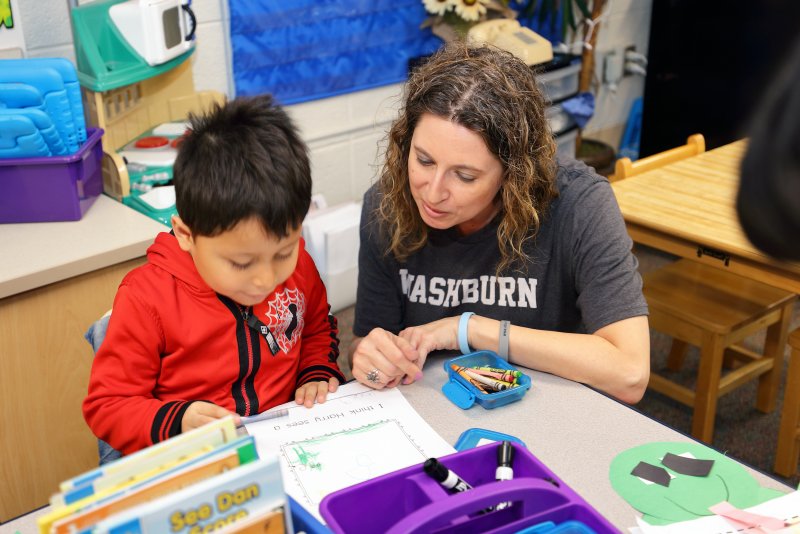Drugs and alcohol are some of the most detrimental, yet most common disruptions in teenage brain development. They manipulate the brain’s wiring and affect the way the brain processes and retains information – including the way a teen thinks, focuses, learns, remembers, and concentrates inside and outside of school.
Despite the risky nature of early substance use, drug and alcohol misuse in schools and among adolescents is an all too common occurrence. Research shows chemical use of any kind has negative impacts on student’s personal, social, and academic success. By senior year in high school, nearly 50 percent of teens have tried an illicit drug. And this is just the beginning. Over 65 percent of teens have consumed alcohol by the end of high school.
When drug use is prevalent and substances are increasingly easy to get, there is an above average chance middle and high school students have already been exposed to drugs and alcohol.
Bloomington Public Schools is committed to collaborating with students, families and the community to promote chemical health awareness through prevention, intervention, and support. The district’s new Chemical Health Plan outlines a series of goals to meet student needs through ongoing staff development, school-based counseling and support, and consultation and care coordination with licensed professionals.
Promoting and supporting chemical health is an important component to achieving success personally and academically. Working together, we can address health and social problems related to substance misuse, and support youth intervention, prevention and treatment.
Chemical Health Plan Goals
- Provide chemical health awareness and programming for students, parents and families
- Address individual student’s alcohol and chemical use
- Provide students with chemical evaluations, individual and group sessions, treatment and other interventions
- Collaborate with community resources for chemical health and related issues
- Consult with school staff regarding student concerns
- Partner with community agencies to prevent and reduce adolescent substance misuse, and provide support for students in crisis
Partners & Resources
If you or someone you know is in crisis, contact the Suicide Prevention Lifeline at 1-800-273-TALK (8255), or dial 911 in case of emergency.
- BPS Health Services, 612-681-6518
- Partnership to End Addiction, Text CONNECT to 55753 I drugfree.org
- SAMHSA National Hotline, 1-800-662-4327 I samhsa.gov/find-help/national-helpline
- PhaseZero Recovery Services, 612-986-4666 I phasezerorecovery.com
- Change the Outcome, changetheoutcome.org
- Truth Initiative, truthinitiative.org
- Hazelden Betty Ford, 855-435-9438 I hazeldenbettyford.org/locations/plymouth
- Newport Academy, 844-798-0449
- Quit Partner, 1-800-784-8669 I aiquit.org
Contact
Hannah Hatch
Director of Health Services
hhatch@isd271.org
952-681-6518

